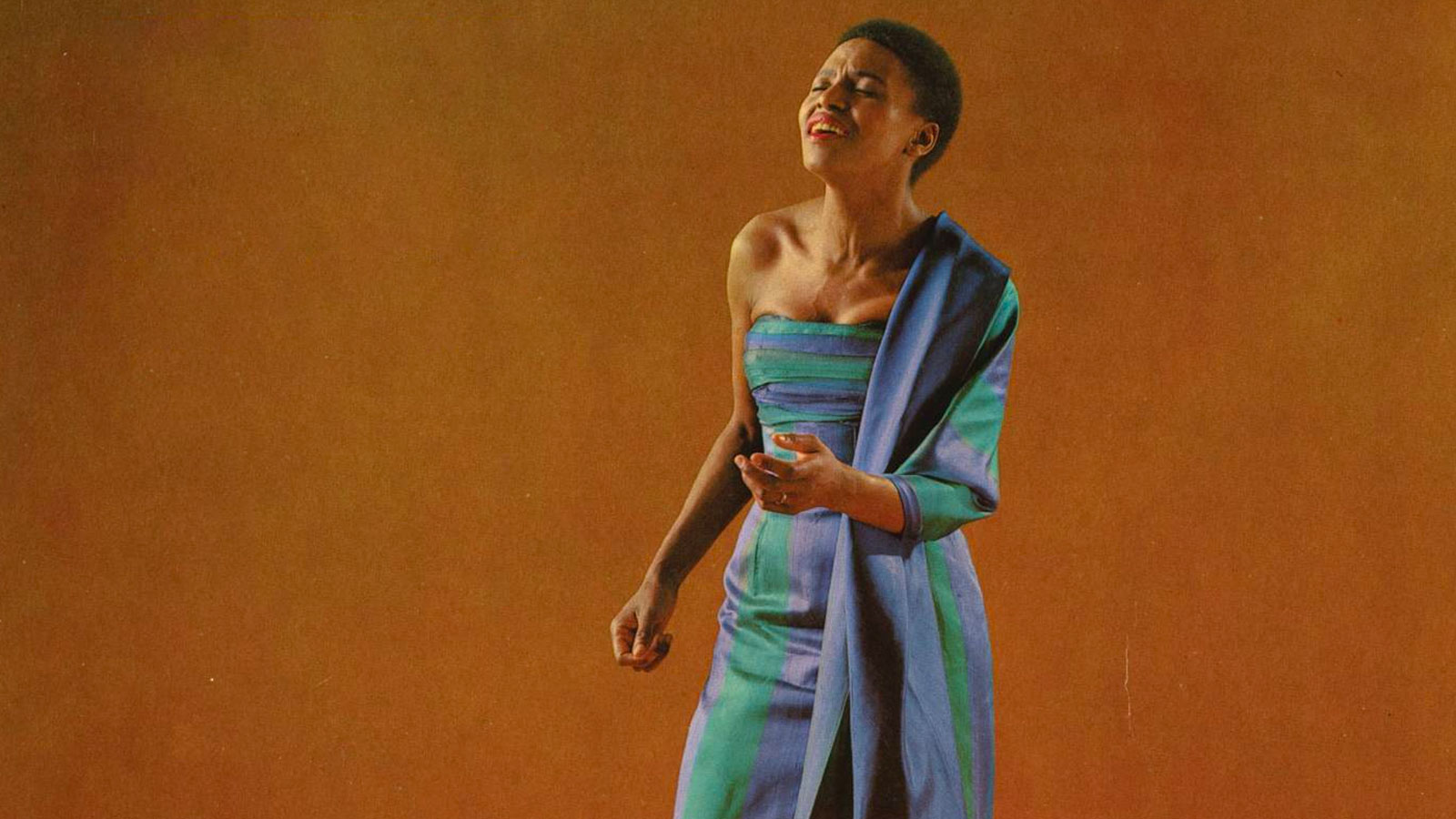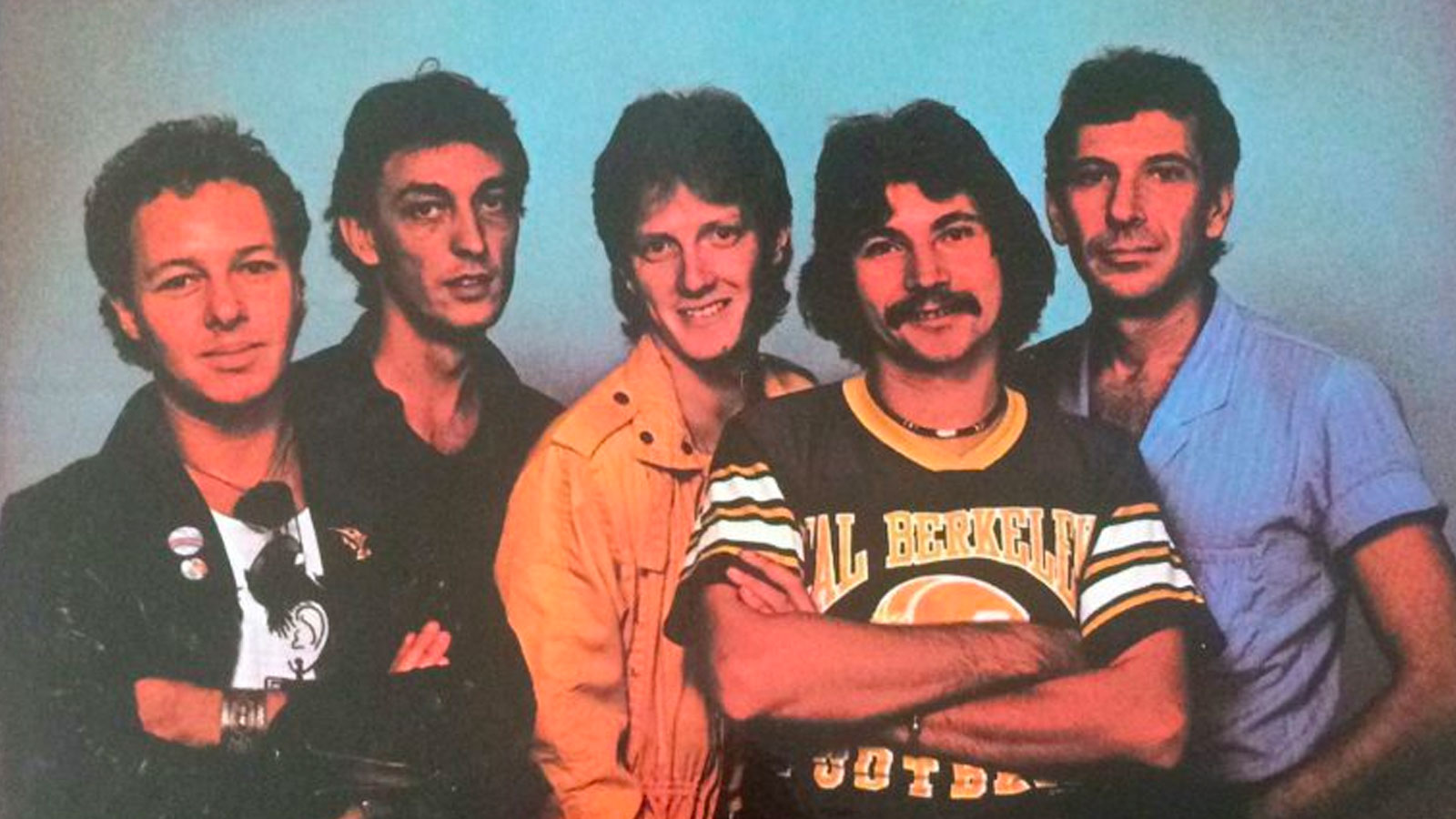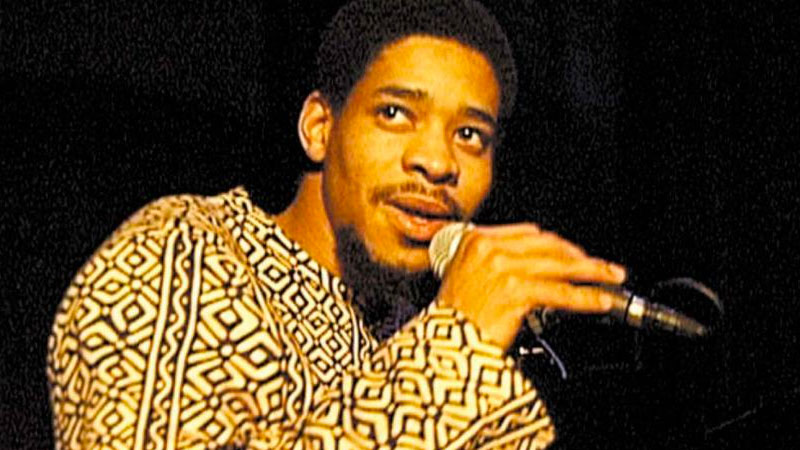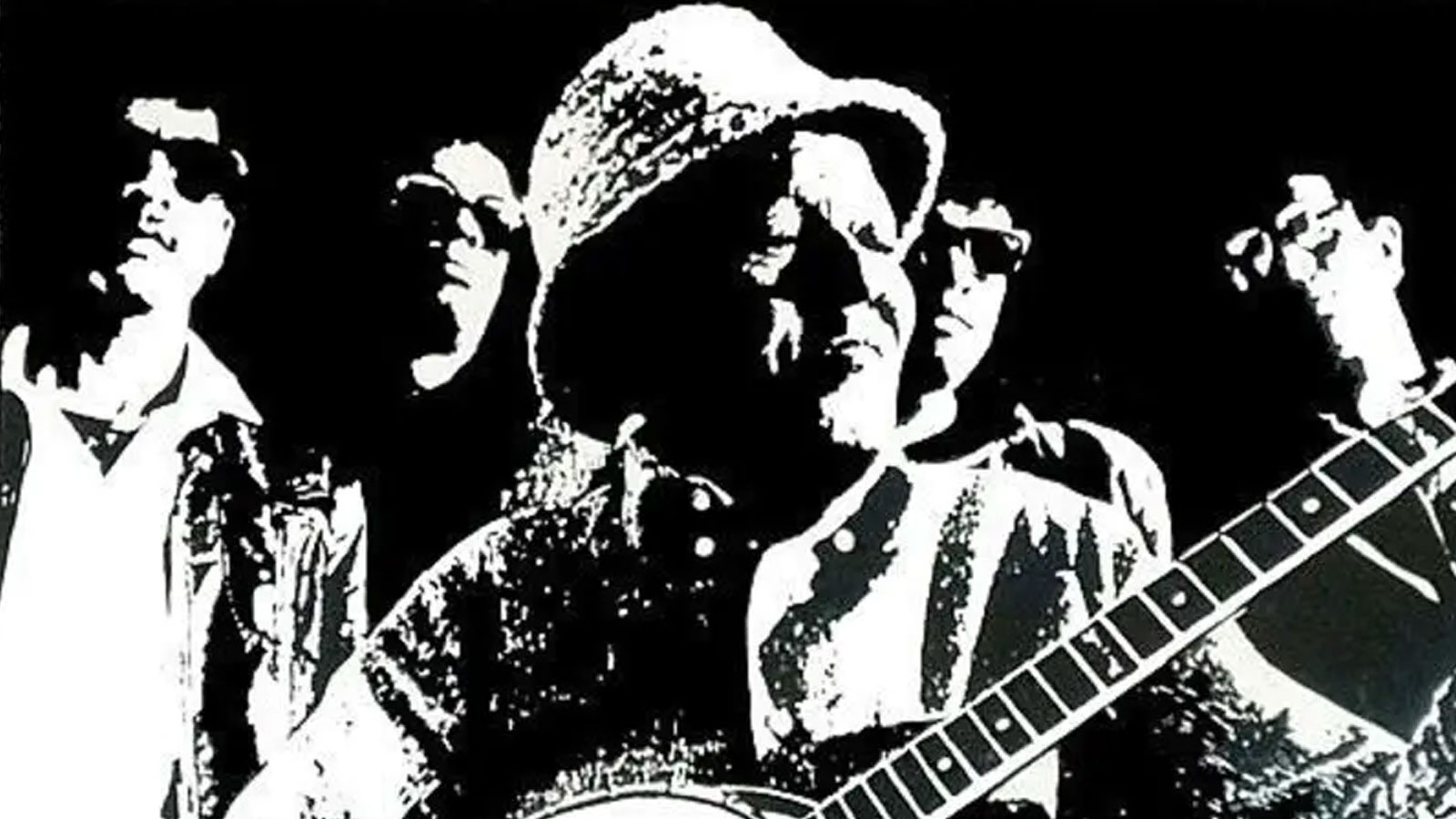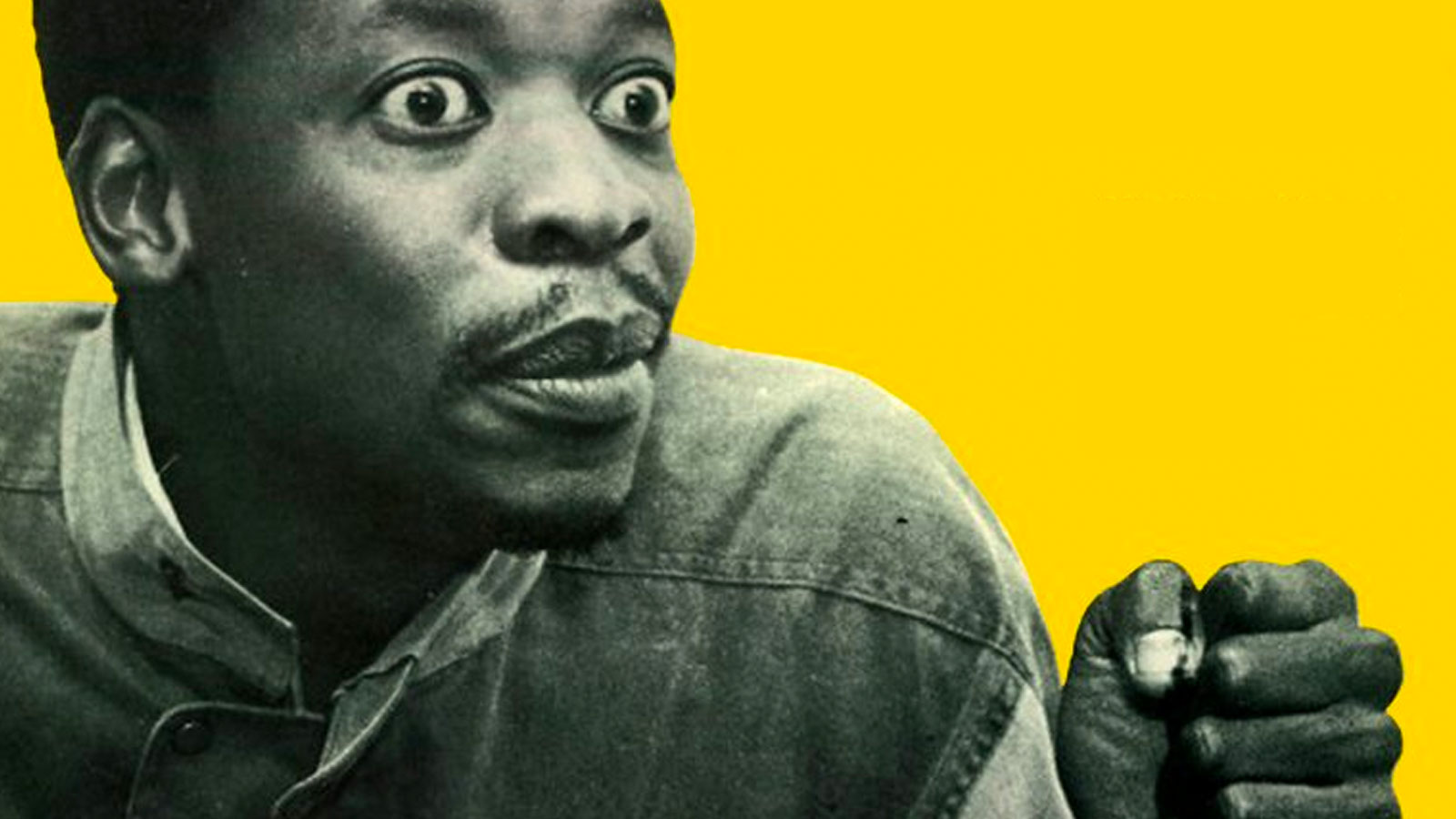Singer who began her singing career in Johannesburg in the 1950s, most notably with the Skylarks. She was cast in the musical King Kong and when it toured overseas she remained there, choosing life in exile to returning to apartheid South Africa.
She went on to a hugely successful solo career, also releasing an album with Harry Belafonte. Some of her most notable albums were An Evening with Harry Belafonte and Miriam Makeba (1966), Pata Pata (1968), Sabelani (1979), Sangoma (1988) and Welela (1989).
She returned to South Africa in the early 1990s and continued to release albums and perform until her death in 2008.
Formed in Johannesburg in 1980 with Joe B Arthur (vocals, guitar), Jethro Butow (lead guitar, vocals), Les Goode (bass), Mike Faure (sax), John Galanakis (organ, vocals), Cedric Samson (drums, vocals). Faure left in 1980 and Galanakis.
In 1981 Tim Hoare (keyboards) replaced Galankis and Kendall Kaye joined as drummer at which point Samson switched to lead vocals.
They recorded a self-titled album in 1981 and had marginal success with the single “Bowtie Boogaloo”.
The follow-up single “Don’t leave me halfway” did not do as well. The group’s existence was short-lived and they broke up in 1981.
Tembisa and Johannesburg-based jazz pianist and composer who rose to prominence in the late 1980s while still a teenager. He initially performed with Miriam Makeba, Jonas Gwangwa and Hugh Masekela before embarking on a solo career.
He released several albums: Finding Oneself (1994) and Genes and Spirits (2000) while he was still alive and Wa Mpona (2002) and Darkness Pass (2004) were released posthumously.
He died in 2001.
After releasing the album Goema in 1986, The Genuines joined up with Mac Mackenzie’s father Samuel “Mr Mac” Mackenzie to release the single “Won’t Discuss It”/“Desperately” and the album Mr Mac & The Genuines in 1987.
The album was a one-off project. The group was Samuel Mackenzie (vocals, banjo), Hilton Schilder (keyboards, vocals), Mac Mackenzie (bass, vocals), Gerard O’Brien (guitar) and Ian Herman (drums).
The album also featured Robbie Jansen on alto sax and Tony Cedras on trumpet.
Mzwakhe Mbuli rose to fame in the mid-1980s as the people’s poet, reciting his resistance poems at political rallies, often sneaking in and out because he was wanted by the apartheid security forces.
Shifty invited him to record an album dub-poetry style, with a backing band. In 1986 the album Change is Pain was recorded with a core backing band of Simba Morri (guitar), Gito Baloi (bass) and Ian Herman (drums). The album was promptly banned because of its outspoken political message.
In 1989 Mzwakhe recorded a second album with Shifty, Unbroken Spirit, which in part documented his time in prison. In the 1990s he continued to record albums but with major labels.


